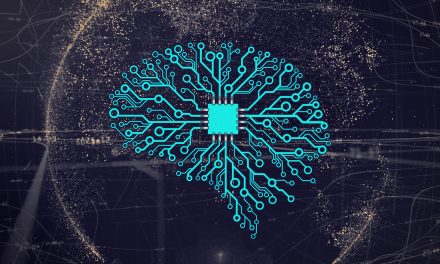Blockchains for Decentralization, Human Councils Emerge as Key Decision Makers
Blockchains for Decentralization, a novel trend is emerging – the formation of human councils to guide and safeguard various networks. These councils, often termed “protocol” or “security” councils, are increasingly being seen as pivotal in steering blockchain networks towards greater decentralization. Their role is to gradually transition control from the original developers to a more autonomous or democratically governed system. These human panels are envisioned as the ultimate protectors, equipped to respond swiftly in crises or to authorize significant protocol alterations.
It may seem ironic to rely on human oversight in a domain famed for its decentralization ethos. Indeed, some view this development skeptically, noting the blockchain industry’s penchant for creating seemingly superfluous groups. Nonetheless, as the industry matures, the necessity of these protocol councils is becoming more apparent.
Prominent Layer-2 networks like Polygon, Arbitrum, and Optimism have established such councils. Polygon’s “Protocol Council” comprises 13 members, while Arbitrum and Optimism have their own versions, called “Security Councils.”
Mehdi Zerouali, a member of Polygon’s council and director of Sigma Prime, a blockchain security firm, acknowledges the paradoxical nature of these councils. “We’re essentially trusting a group of 13 not to collude,” he admits. However, he emphasizes the importance of the public profiles and reputations of these council members in the Ethereum community, which helps in maintaining trust.
Understanding the Protocol Council
Polygon’s protocol council, formed in October, is tasked with overseeing major or emergency changes to the core protocol. Its members, prominent figures in the Ethereum ecosystem, facilitate community-led initiatives for future upgrades. They address two types of scenarios: regular protocol updates and immediate threats to the protocol. In the latter case, they can bypass traditional governance mechanisms.
Polygon’s process for non-emergency updates involves community engagement through Polygon Improvement Proposals (PIP). Once a consensus is achieved, council members, known as “signers,” activate the changes. This requires a multi-signature safe, where seven out of 13 members are needed for regular changes, and 10 for emergencies.
“The council’s role is to ensure governance proposals match the specifications,” explains Zerouali. “Once all parties are satisfied, we approve the transaction through a multisig safe.”
The Role of Councils in Decentralization
These councils are seen as temporary measures towards full decentralization. “They’re like training wheels,” says Georgios Konstantopoulos, CTO at Paradigm. Jerome de Tychey, creator of EthCC and another council member, believes that such maturity could be achieved quicker in Polygon than it took for Ethereum’s Beacon Chain.
Arbitrum’s security council consists of 12 members, elected via the Arbitrum DAO, with terms and election cycles designed to maintain diversity and prevent dominance by any single organization. Similarly, Optimism’s council operates with a multisig wallet, though its members remain anonymous for added security.
These councils are alternatives to other governance models like “foundations,” offering a more explicit security model. They also address the challenges and risks associated with emerging technologies like zkEVMs, which require frequent updates and are susceptible to bugs.
In conclusion, while the concept of human councils in blockchain networks may seem counterintuitive, they are increasingly regarded as essential in navigating the path towards a decentralized, robust, and secure blockchain ecosystem.





